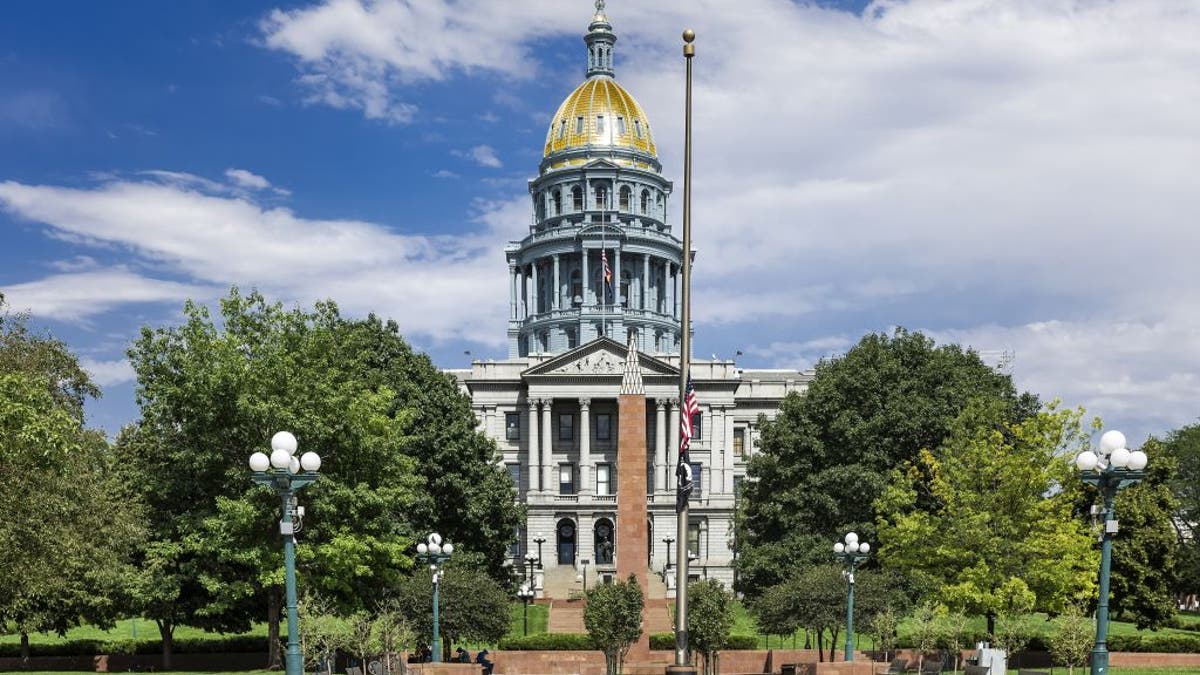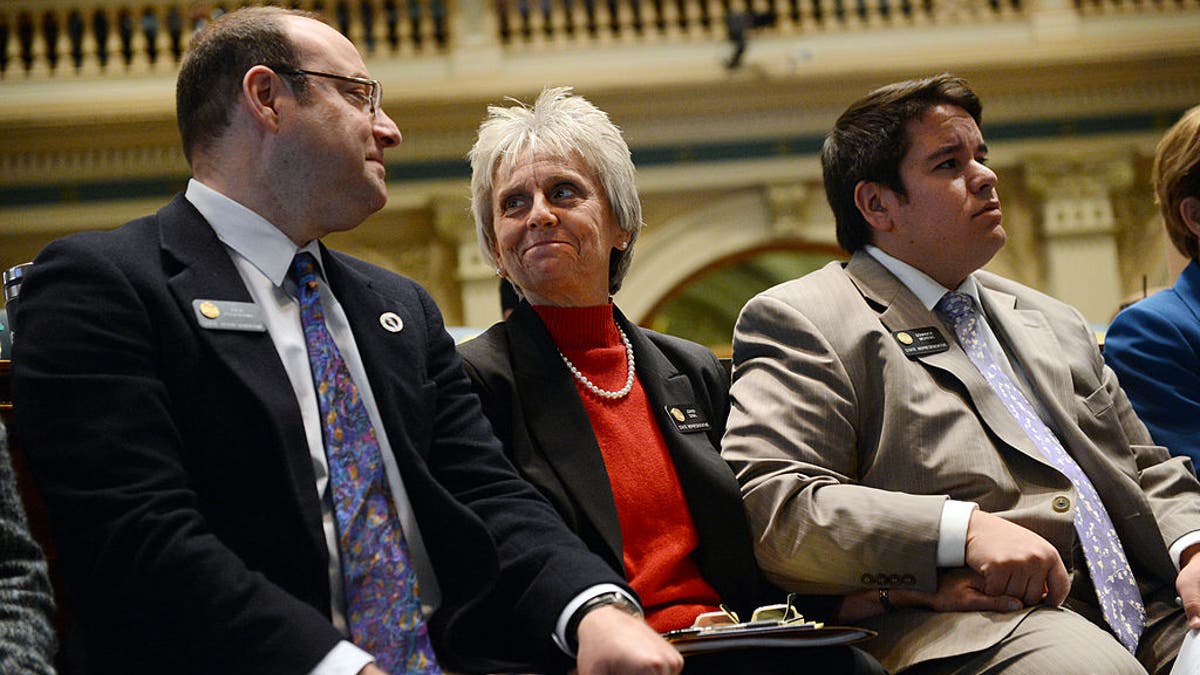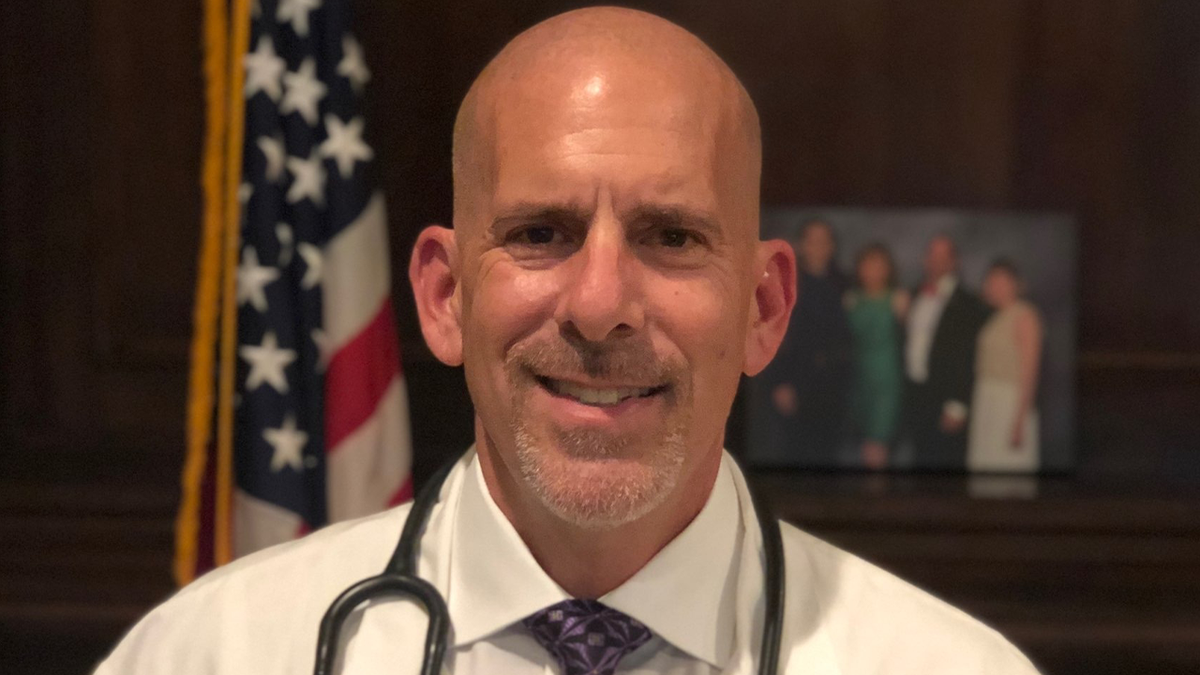Fox News Flash top headlines for February 13
Fox News Flash top headlines are here. Check out what's clicking on Foxnews.com.
Democratic lawmakers in Colorado have introduced legislation that would allow non-residents to access medically assisted suicide.
The legislation, titled "Medical Aid-in-Dying," would also dramatically reduce other barriers to accessing assisted suicide. The bill's sponsor in the state Senate, Democratic Sen. Joann Ginal, has objected to the use of the term "suicide" in association with the bill, however.
"This is an option for a person to be able to have a choice in how they leave this world," Ginal told Colorado Politics. "This is not suicide. We've worked very hard to make sure that this is an option for people who are terminally ill and want to go out on their terms in their way. If they want that choice, it should be there."
In addition to allowing out-of-state access, the bill would allow advanced practice registered nurses to prescribe medication for assisted suicide, rather than just physicians.

The Colorado State Capitol in Denver. Democratic lawmakers in Colorado have introduced legislation that would allow non-residents to access medically assisted suicide.
In its current form, the bill also reduces the mandatory waiting period for administering assisted suicide from 15 days to just 48 hours. Ginal said in late January that she planned to amend the bill to a seven-day waiting period, but the legislation has yet to see that adjustment.
TOP MASSACHUSETTS COURT RULES AGAINST OVERTURNING LAW PROHIBITING PHYSICAN-ASSISTED SUICIDE
The Colorado Catholic Conference condemned the bill for promoting a "culture of death" in a statement to Colorado Politics.
"Physician assisted suicide targets the most vulnerable in our society, corrupts the medical practice and distorts the patient-doctor relationship by violating a doctor’s commitment to the health of his patients," the group argued.

The bill's sponsor in the state Senate, Democratic Sen. Joann Ginal, center, has objected to the use of the term "suicide" in association with her bill.
Physician-assisted suicide has been a hotly debated topic across the United States for decades. Starting with Oregon in 1997, 10 other states and the District of Columbia have made it legal for a terminally ill patient to ask their doctor for a lethal cocktail of drugs they ingest to die.
CANADIAN GOVERNMENT REPORTS EUTHANASIA ACCOUNTED FOR 4% OF ALL DEATHS IN 2022
Several concerned physicians told Fox News Digital last year that they saw profound ethical concerns with physicians helping to end someone's life, arguing it was destructive for medicine and society at large.

Dr. Jeffrey Barke, chief medical advisor for the Convention of States, criticized assisted suicide laws as "horrible for the medical community" and "destructive" for society. (Convention of States)
"To legislate and consecrate the idea that we purposefully expedite their death to me is not what medicine is all about, not what our healing profession is about and is emblematic of what’s going on in our society in all aspects," Southern California primary care doctor Jeff Barke said at the time.
CLICK HERE TO GET THE FOX NEWS APP
"I think it's a terrible advancement that states are legislating the rights and the power of a physician to act God-like and create and expedite a patient’s death," he added.
Fox News' Kristine Parks contributed to this report.













































